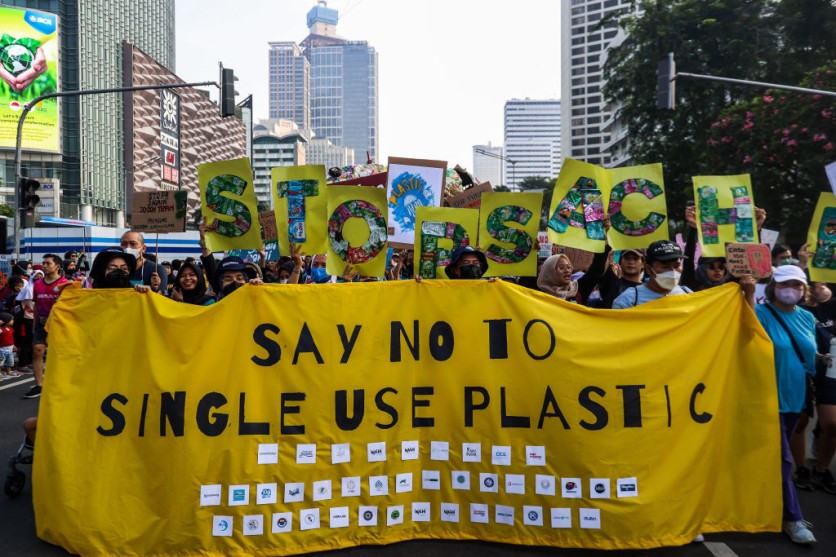New bans across New South Wales (NSW) on single-use plastic items will take effect on November 1, 2022, according to news.com.au.

From November 1, 2022, businesses will be banned from selling certain common items. The ban on single-use plastic bags started on June 1 will be expanded from tomorrow to include items, like plastic straws, cutlery, and some hair and face products.
The bans can help prevent 2.7 billion items of plastic litter from harming the environment over the next 20 years. Here is a list of items that businesses will be banned from supplying:
- Single-use plastic cutlery, straws, plates, bowls, stirrers.
- Expanded Polystyrene (EPS) food service items
- Single-use plastic cotton buds
- Rinse-off personal care products with plastic microbeads, such as face and body cleansers, exfoliants, masks, shampoo, conditioner, hair dyes, and toothpaste.
Businesses in the retail and hospitality industries should abide by the new bans. This includes cafes, bars, restaurants, and hotels. In addition, individuals and charities that have activities for education, community, or sporting purposes should also abide to these new rules.
The Exemptions
Of course, just like with any rule, there is an exemption here. In this case, it includes providing plastic straws upon request to people with a medical or disability need.
The exemptions also include pre-packaged items integrated into good or beverage packaging through a machine automated process. Moreover, the EPA granted an exemption, along with a two-year review period for the supply of plastic single-use cotton buds and plastic single-use bowls for medical, scientific, and forensic purposes in some circumstances.
Also Read: Plastic is Still a Significant and Growing Problem, But What Can Technology Do About It?
The Penalties
When caught defying these new bans, businesses could be charged with an on-the-spot fine of $2,750 or up to $11,000 in penalties for individual supplies.
There is also a maximum $55,000 penalty for corporations and $110,000 for manufacturers, wholesalers, and distributors.
The Dangers of Single-Use Plastics
The main danger of single-use plastics, of course, is that they're single-use. Plastics aren't biodegradable, so they sit on land, in water, and in our oceans. Countless sea animals, such as seabirds, fish, turtles, and whales, consume these plastics and die.
They also contain toxic chemicals like phthalates, bisphenol A (BPA), and bisphenol S (BPS). If consumed, these chemicals can wreak havoc on human health.
Plastic bags or straws can end up in water ways and present a danger to animal life. Meanwhile, it would cost the Earth millions of dollars to clean up the millions of single-use plastic items.
Besides the danger to our environment and health, there's also the economic cost. Plastic pollution has a massive economic impact on Australia. For instance, the Great Barrier Reef, which is under threat due to microplastic pollution, is worth around $42 billion per year.
As of now, Australia is still conducting studies on the effects of single-use plastics on the environment.
Related Article: Plastic-Eating 'Super-Enzyme' Reuses Plastic to Curb Pollution
This article is owned by Tech Times
Written by April Fowell




